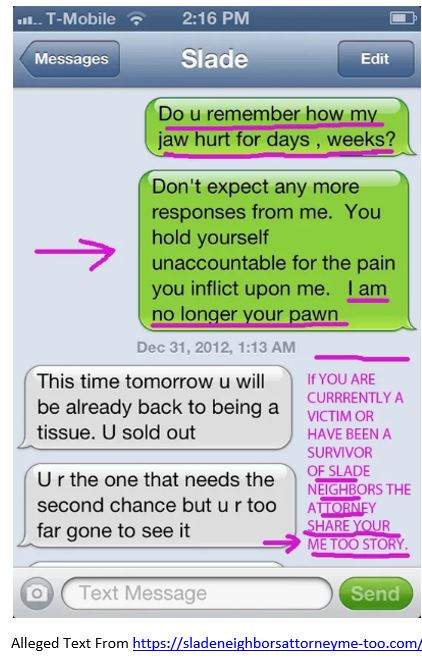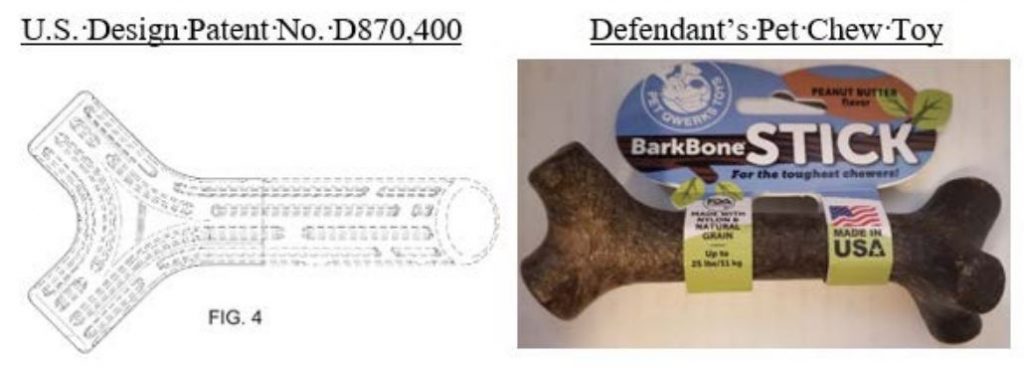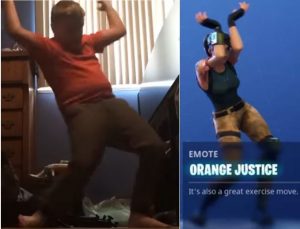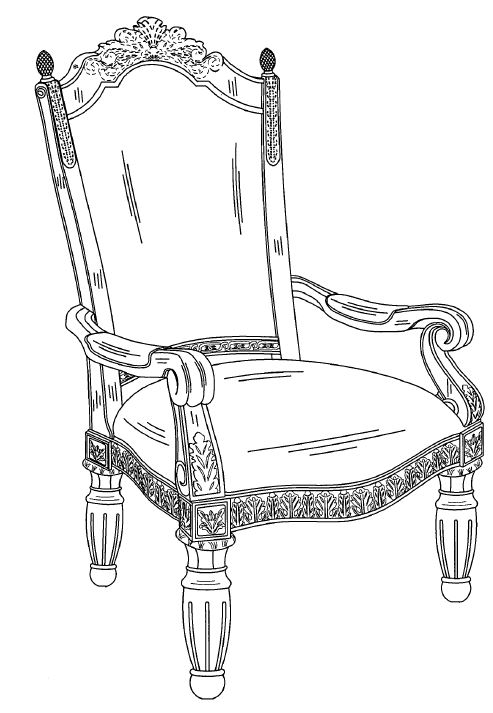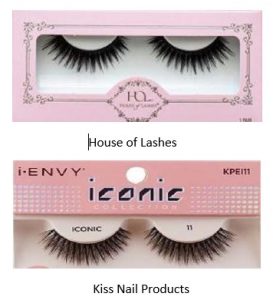Sugarfina sells premium gourmet candy, including alcohol flavored gummy bears, including luxurious gift packages sold in stores, hotels, and food retailers. Sugarfina started in 2012 and because of early popularity, federally registered many intellectual property rights, including design patents, copyrights, and trade dress protection for its products and packaging. Sugarfina’s trade dress protection includes its products’ designs, appearance, and packaging, including features like the square and rectangular shapes, the color combinations, the clear top cubes with a patterned band and shapes, and the bottom container holding a series of cube wells or trays. Its copyrights cover the box for its clear candy cubes, spaced arrangements, spaced cube receiving wells, and the distinctive boxes use for the clear cubes (Reg. Nos. VA00019663482 and VA0001963483). Lastly, Design Patent No. D763,684 protects Sugarfina’s “Candy Bento Box” packaging design. 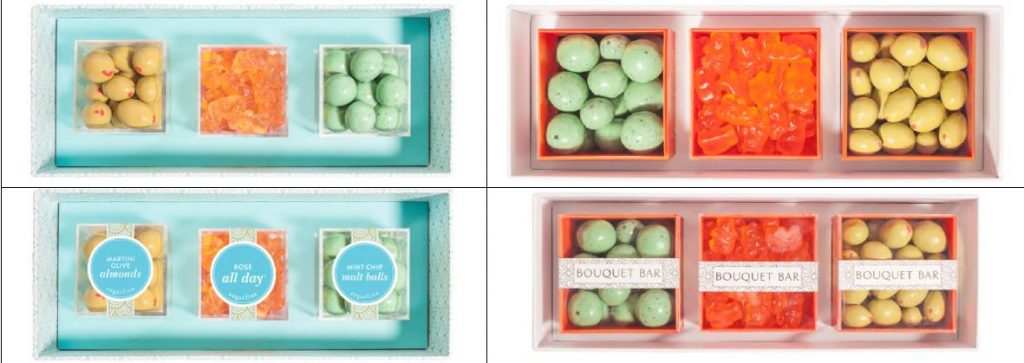
Bouquet Bar and its owners are sued for federal trade dress infringement, federal false designation of origin and unfair competition, federal patent infringement, federal copyright infringement, and state unfair competition. Defendants began in 2017 selling gummy bears and other candy products in square and rectangular shaped packaging. Bouquet Bar appeared on an ABC show called Shark Tank, where they presented their products to a group of wealthy investors. During the course of the TV show, one investor specifically mentioned that “[t]his looks just like Sugarfina” and advised the owners that they need to pursue something different or more unique. Additionally, defendants had worked events as a flower vendor where Sugarfina products were present, making them aware of the Sugarfina’s brand and intellectual property rights.
In October 2017 and January 2018, Sugarfina sent Bouquet Bar cease and desist letters and attempted face-to-face meetings to settle the issue to no avail. Thus, Sugarfina alleges that Bouquet Bar is intentionally copying its trade dress with the intent to cause consumer confusion, despite advice from entrepreneur experts and cease and desist letters. The Supreme Court held that product design trade dress could not be inherently distinctive and required secondary meaning. Wal-Mart Sores v. Samara Bros., 529 U.S. 205, 211 (2000). However, product packaging can be inherently distinctive if it is arbitrary, fanciful, or suggestive. Id. Because Sugarfina does not have a federally registered trade dress in its product packaging, it would have to prove that its product packaging is inherently.

 Los Angeles Intellectual Property Trademark Attorney Blog
Los Angeles Intellectual Property Trademark Attorney Blog



